Russia on February 27 announced a ban on gasoline exports for six months starting March 1, to keep prices stable amid rising consumer demand. In addition, the new order also facilitates maintenance of refineries in the world's second-largest oil exporter, after a period of fighting with Ukraine, according to Russian news agency RBC.
RBC quoted an unnamed source as saying that Russian Prime Minister Mikhail Mishustin approved the ban after Novak submitted it in a document dated February 21. A second source told Reuters that the decision had been made but the decree had not yet been issued.
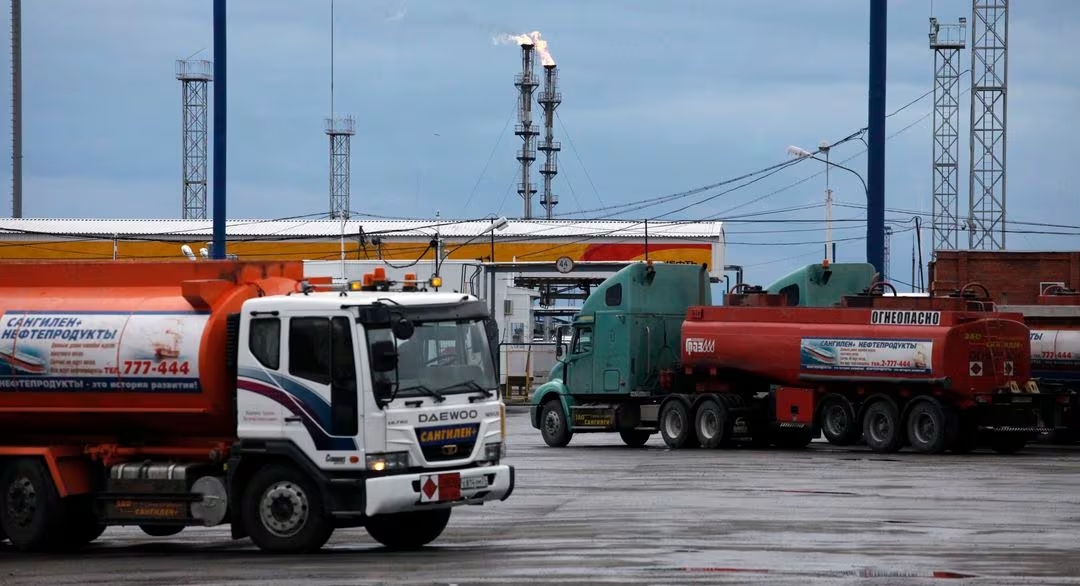
Gasoline tanker outside Russia's Rosneft Achinsk refinery
According to RBC, in the proposal, Mr. Novak wrote: "To compensate for excessive demand for oil products, it is necessary to take measures to stabilize prices on the domestic market."
The ban will not apply to member states of the Eurasian Economic Union (EAEU), which includes Armenia, Belarus, Kazakhstan and Kyrgyzstan, along with Mongolia and Uzbekistan.
In September 2023, Russia banned fuel exports to ensure supplies during the winter, when soaring domestic demand led to price hikes and shortages. That ban also excluded Belarus, Kazakhstan, Armenia and Kyrgyzstan. Almost all restrictions were lifted in November 2023.
However, the latest ban will last significantly longer. Observers believe that this decision is to prevent fuel prices from rising before the presidential election, scheduled for March 15-17, because this is an issue of great concern to the people of this country, according to Reuters.
Russia will produce 43.9 million tonnes of gasoline in 2023, of which it will export about 5.76 million tonnes. Russia's largest importers of gasoline are mainly in Africa, including Nigeria, Libya and Tunisia, as well as the United Arab Emirates (UAE).
Source link



![[Photo] Journalists moved to tears at the Memorial Service for the soldiers who died in Gac Ma](https://vphoto.vietnam.vn/thumb/1200x675/vietnam/resource/IMAGE/2025/5/30/9454613a55c54c16bf8c0efa51883456)

![[Photo] General Secretary To Lam receives Chief of the Central Office of the Lao People's Revolutionary Party](https://vphoto.vietnam.vn/thumb/1200x675/vietnam/resource/IMAGE/2025/5/30/140435f4b39d4599a3d17975dfb444c5)
![[Photo] A delegation of 100 journalists from the Vietnam Journalists Association visits the soldiers and people of Truong Sa island district.](https://vphoto.vietnam.vn/thumb/1200x675/vietnam/resource/IMAGE/2025/5/30/0984a986227d4e988177f560d2e1563e)
![[Photo] National Conference "100 years of Vietnamese Revolutionary Press accompanying the glorious cause of the Party and the nation"](https://vphoto.vietnam.vn/thumb/1200x675/vietnam/resource/IMAGE/2025/5/30/1cf6cd5c8a934ebfa347028dcb08358c)
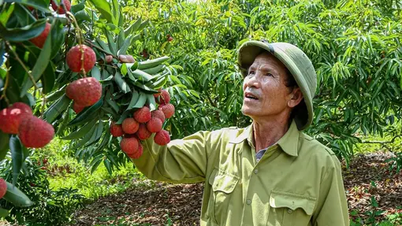







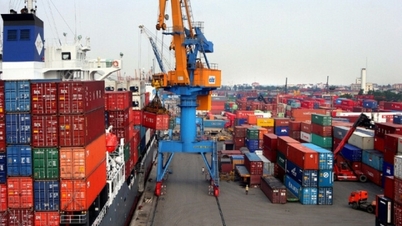
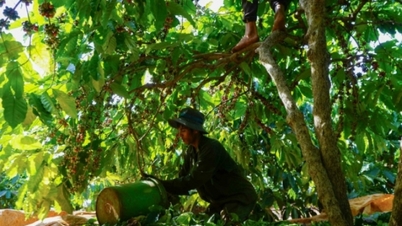


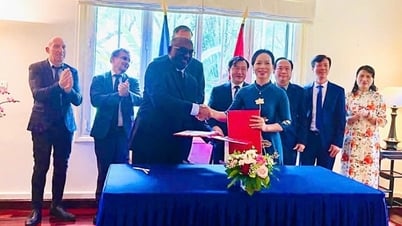

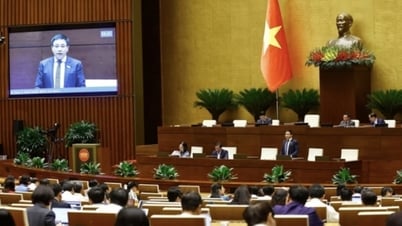







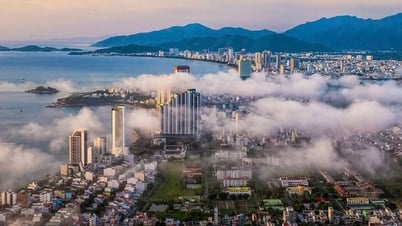










































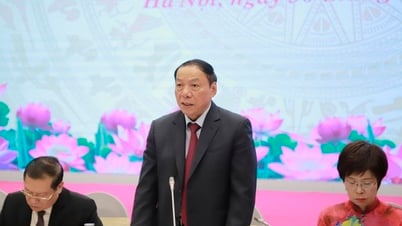


























Comment (0)